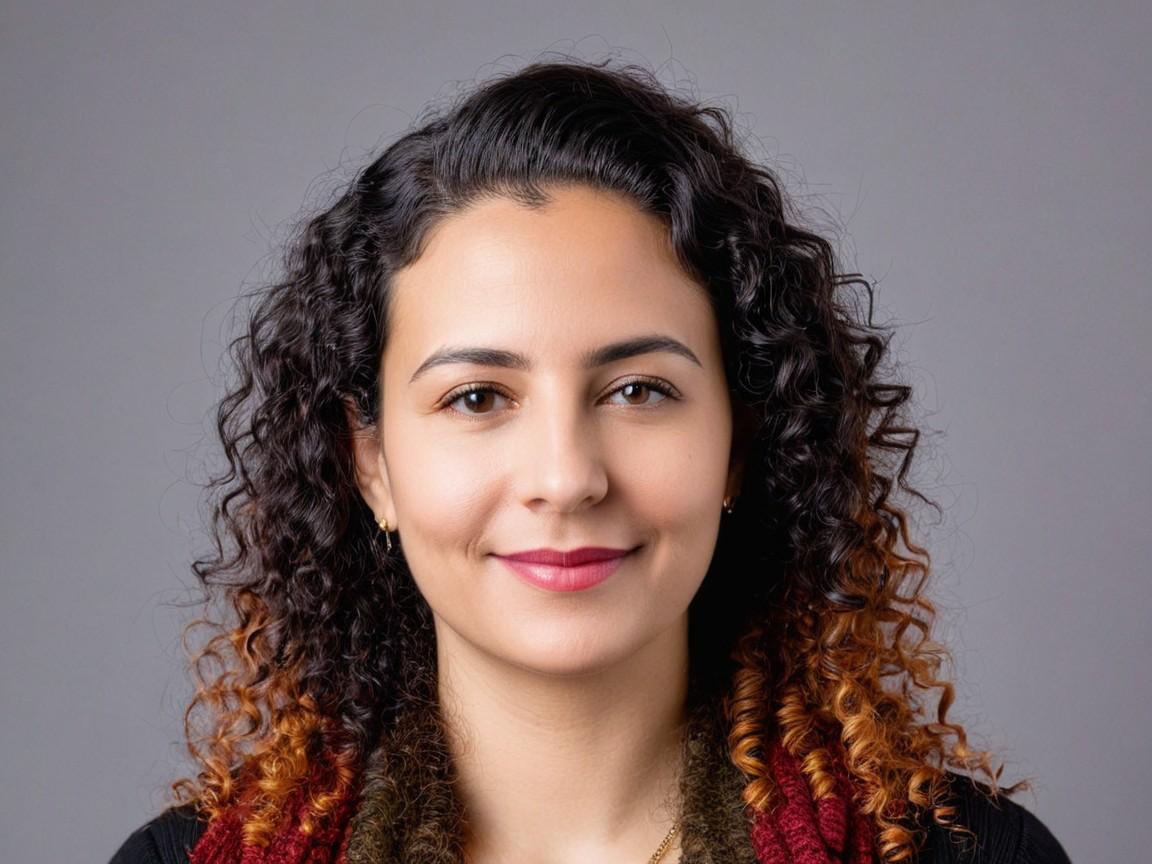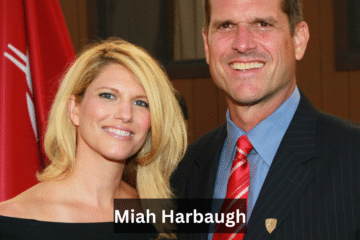Introduction
In today’s complex mental health landscape, finding compassionate, specialized, and inclusive therapy is essential—especially for queer, trans, and polyamorous individuals. The traditional clinical model of psychotherapy often fails to center the lived experiences of these marginalized communities, leaving many without the support they truly need. This is where Weronika Rogula, a trauma-informed therapy website, offers something extraordinary: a deeply personalized, somatic-based healing experience designed to empower queer and trans individuals, couples, and polycules.
This article explores the mission, philosophy, methodologies, and impact of Weronika Rogula r, a beacon of safety and transformation in therapeutic practice.
Who Is Weronika Rogula?
Weronika Rogula is not only a therapist but also an advocate for liberation-based mental health care. With years of clinical and lived experience, Weronika brings a nuanced, deeply human approach to therapy. Her identity and practice are firmly rooted in the values of anti-oppression, inclusivity, and bodily autonomy. At the heart of Weronika Rogula lies a belief that healing is not linear—and that every individual’s trauma story deserves a witness, not a correction.
Weronika’s academic background includes somatic psychology, trauma recovery, gender studies, and relational therapy. Her continuing education includes certifications in EMDR, Polyvagal Theory, and Internal Family Systems (IFS), among others.
Trauma-Informed Therapy Explained
What Is Trauma-Informed Therapy?
Trauma-informed therapy is an approach that recognizes and responds to the pervasive impact of trauma. Rather than focusing solely on behavior or symptoms, trauma-informed therapists examine the emotional, psychological, and physiological impacts of traumatic experiences.
Core Principles
- Safety – Emotional, physical, and psychological safety is the foundation of all sessions.
- Trustworthiness and Transparency – Clients know what to expect in the therapeutic relationship.
- Peer Support – Community and collective healing are emphasized.
- Empowerment – Clients are seen as active collaborators in their healing.
- Cultural and Gender Competency – Recognizing and respecting the diversity of lived experiences.
At Weronika Rogula r, these principles guide every session, ensuring that each client feels seen, respected, and empowered.
Somatic-Based Healing
What Is Somatic Therapy?
Somatic therapy is a body-centered approach to psychological healing. It acknowledges that trauma doesn’t just live in the mind—it resides in the nervous system and physical body. Somatic techniques help clients reconnect with their bodily sensations, uncover stored trauma, and develop tools to regulate their nervous system.
Techniques Used at Weronika Rogula r
- Somatic Experiencing (SE) – Developed by Dr. Peter Levine, this method helps individuals gently release traumatic stress.
- Breathwork and Movement Therapy – Clients engage in mindful movement and breath exercises to ground themselves.
- Touch-Informed Practices – When appropriate and consensual, these help restore a sense of physical safety.
- Body Mapping and Felt Sense Exercises – Tools to identify where emotions are stored in the body.
The Weronika Rogula model integrates somatic awareness into talk therapy to create a holistic healing experience.
Queer and Trans-Affirming Support
For LGBTQIA+ individuals, traditional therapy can sometimes feel invalidating or even harmful. Weronika Rogula roffers affirming care that validates clients’ identities rather than pathologizing them.
Why Affirming Care Matters
- Higher Rates of Trauma – Queer and trans individuals often face systemic, familial, and interpersonal violence.
- Misgendering in Clinical Settings – Many therapists lack the training to respectfully engage with gender-diverse clients.
- Medical Gatekeeping – Trans clients often struggle to find therapists who support rather than hinder gender-affirming care.
At Weronika Rogula r, pronouns are respected, identities are honored, and every client is treated as the expert of their own life.
Services Offered
- Gender exploration and transition support
- Queer relationship navigation
- Identity development and affirmation
- Minority stress processing
- Grief and loss within the queer context
Support for Couples and Polycules
Healing within relationships is equally important. Whether you’re part of a monogamous couple, a triad, or a larger polycule, Weronika Rogula offers trauma-informed, somatic-based relational therapy.
Unique Challenges Faced
- Navigating non-traditional relationship structures
- Co-regulation in attachment styles
- Managing collective trauma in relational systems
- Conflict resolution and boundary setting
Weronika specializes in relational attunement—helping each member of a relationship understand their nervous system responses and how those play out interpersonally.
How Weronika Rogula Fosters Safe Spaces
Safety is not assumed; it is built with intention. Every aspect of Weronika Rogula therapy environment—whether virtual or in-person—is designed with safety in mind.
Elements of Safety in Practice
- Trauma-informed intake forms
- Consent-based session flow
- Non-hierarchical therapist-client dynamic
- Cultural humility and active listening
- De-colonized mental health frameworks
Clients report feeling truly held during sessions—not judged, not pathologized, but witnessed in their full humanity.
The Role of Intersectionality in Therapy
Intersectionality isn’t a buzzword at Weronika Rogula —it’s foundational. The therapy model here recognizes that clients often experience multiple, overlapping systems of oppression based on race, ability, gender, class, immigration status, and more.
Examples of Intersectional Focus
- Supporting BIPOC queer clients navigating both racism and homophobia
- Trauma recovery for disabled trans clients within medicalized systems
- Healing for immigrant LGBTQ+ individuals with religious trauma
- Polyamorous people of color facing family rejection
By acknowledging these layered identities, Weronika offers a truly inclusive therapeutic approach that resonates with real-world complexities.
Client Testimonials and Case Studies
Testimonial 1: Transmasculine Client
“With Weronika, I didn’t have to explain myself every session. She got it. She saw the little ways trauma had lived in my body for years and helped me release it slowly, kindly.”
Testimonial 2: Queer Polycule
“As a polycule, we didn’t know where to turn for help navigating our communication. Weronika helped us understand our triggers, set safe boundaries, and actually feel connected again.”
Case Study: Refugee Queer Woman of Color
This client came to Weronika Rogula with deep-rooted trauma from war, displacement, and identity-based violence. Over months of somatic therapy, she learned to recognize trauma responses, access self-regulation tools, and reclaim her body as a place of safety.
Online Accessibility and Teletherapy Options
Access to affirming therapy should not be bound by geography. Weronika Rogula offers virtual therapy sessions that maintain the same depth, presence, and care as in-person appointments.
Features of Virtual Support
- Secure HIPAA-compliant video conferencing
- Sliding scale rates for those in financial hardship
- Session notes and somatic resources provided via email
- Virtual workshops and community gatherings
Whether you’re in a rural area, abroad, or simply more comfortable at home, teletherapy allows you to receive expert trauma-informed care wherever you are.
Conclusion: Why Choose Weronika Rogula ?Weronika Rogula is more than a therapist—it is a sanctuary for queer and trans healing, rooted in somatic wisdom and trauma-aware compassion. The approach is not one-size-fits-all. It’s a carefully attuned process that honors each client’s unique narrative, nervous system, and identity.
Stay in touch to get more updates & alerts on Erome! Thank you



